As a staunch political agitator by aptitude and profession, Gandhi had come face to face with a variety of social, political and religious ills and evils and fought against them for over five decades, with a view to improve the quality of life of the generations to come. In the course of his fights in South Africa and India, Gandhi had many occasions to study and reflect upon the nature of man and his relationship with the state. Out of these struggles, emerged a number of political ideas.
The present study is an attempt to examine the most notable of Gandhi’s concepts and ideas. It runs into nine chapters, besides analytical tables on Gandhi’s Satyagraha movement, imprisonments, Fasts, Appendix, Bibliography, Books / Articles and finally journals and news papers.
The study reflects on obligations, Dandaniti and his signnicant concepts of Satyagraha, non-violence. The book analyses the nature and purpose of Satyagraha which was Gandhi’s moral weapon to fight untruth by Truth and violence by non-violence. It deals with actual methods adopted and recommended by Gandhi for conflict resolution, for substituting forced obedience by willing obedience and involuntary co-operation by voluntary co-operation. These methods, he insisted, must be non-violent, in tune with time and circumstances and in consonance with the end in view. Moreover, these ought to be employed stirringly, as a last resort and only when democracy has finally failed the needs and aspirations of the people and their patience is completely exhausted.
The present wok conforms to the courses of reading of most Indian and foreign universities and is designed to cater not only to the graduate and post-graduate students, but also to the researchers in the area.

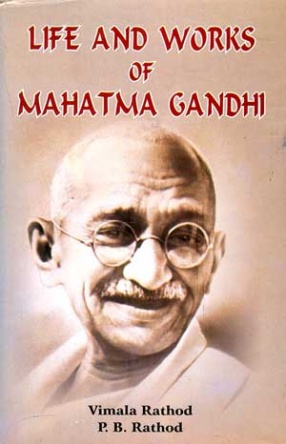
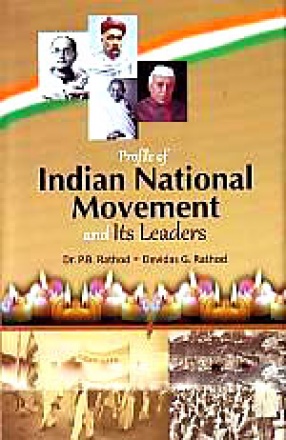
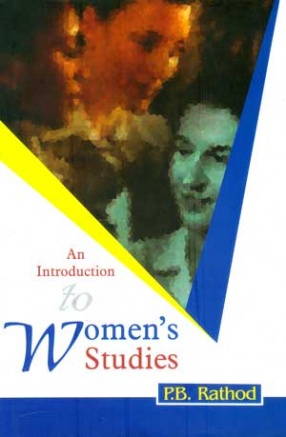

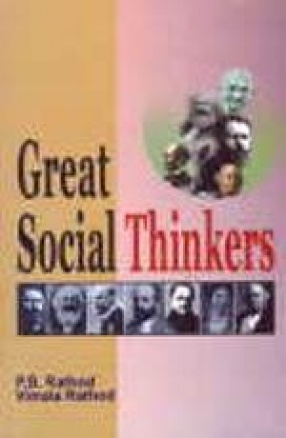
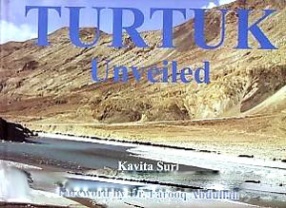
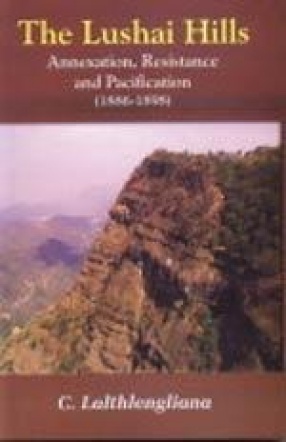
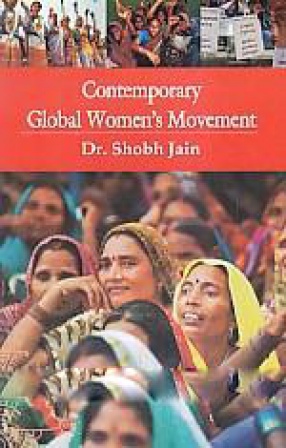
There are no reviews yet.